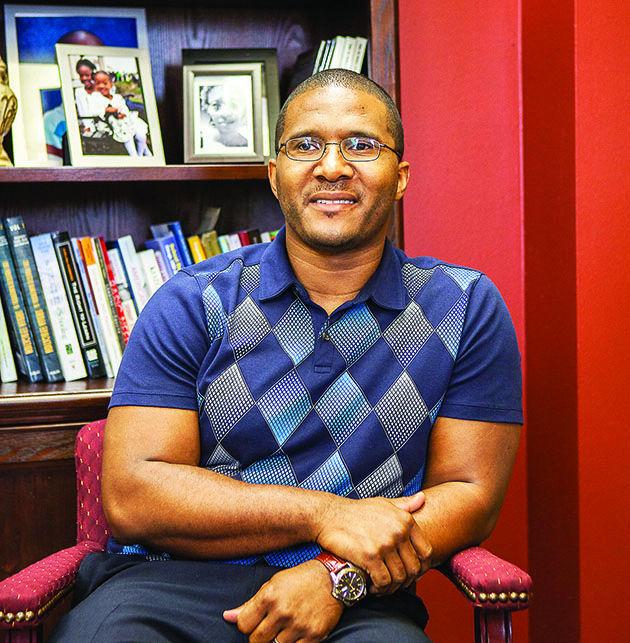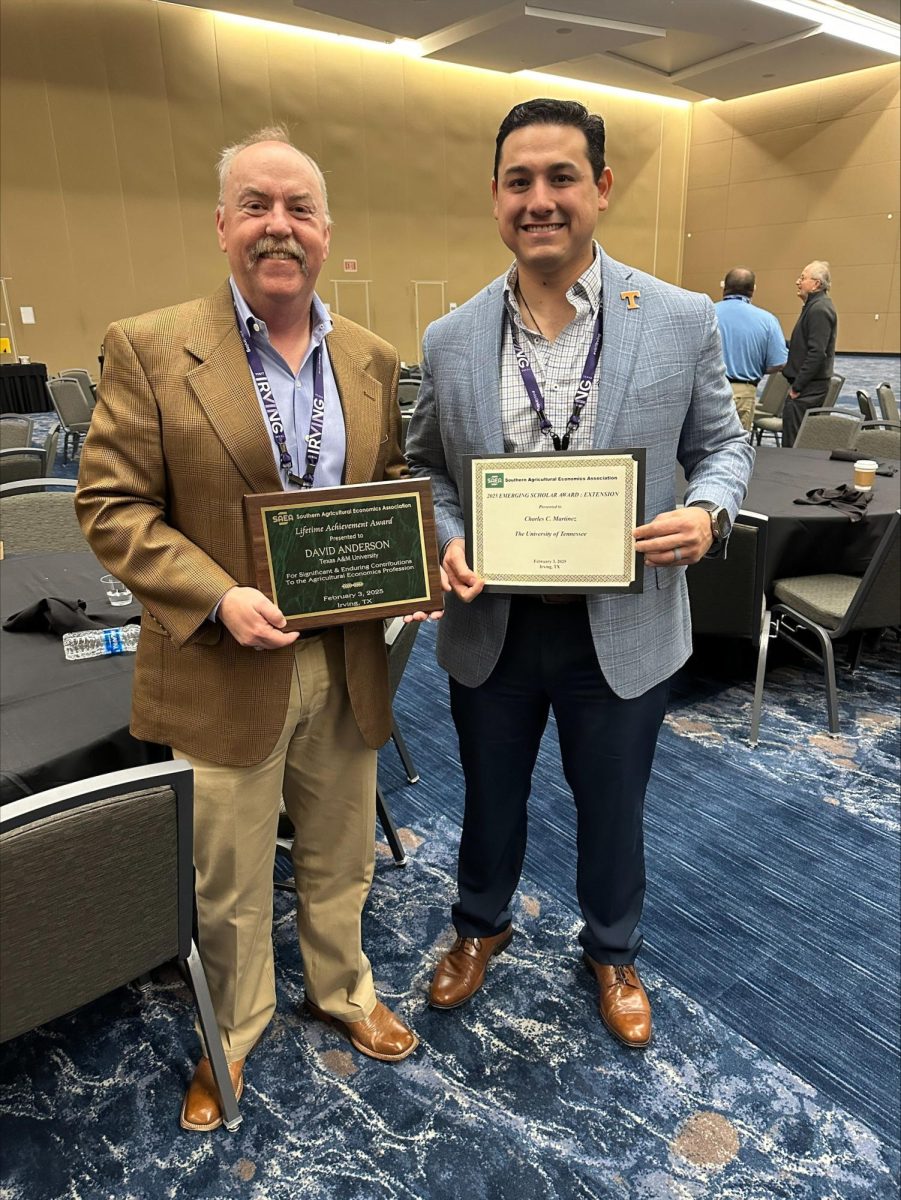One Texas A&M professor’s research challenges popular stereotypes of the black community with a different approach on what it takes to become successful.
Marlon James, assistant professor in teaching, learning and culture, describes America’s perception of the black community, particularly of young black males, as a “black box.”
“It’s the socially constructed perceptions of who black men are,” James said. “It deals with what their moral character is, what their intellect is and what their appropriate place is in American society.”
James said the real danger of the “black box” is the internalization of the beliefs that it appeals to in the youth, primarily concerning young black males.
“I think it’s undoubted, given the media coverage of what’s happening in America — particularly to black males — that there is a set of challenges that we need to attend to,” James said
James is prepared to address these challenges alongside many other academic leaders with a new acronym, “S.P.A.R.K.”
“The ‘S.P.A.R.K.’ of black male genius was a concept that emerged from a two-year project that a group of black male faculty set out to understand why or how black men can resist this ‘black box’ and become successful,” James said.
During the two-year project, researchers studied successful black males and asked for their personal stories on what they went through and how they dealt with the “black box” and the role education played in their own life.
After reading close to 50 essays, the researchers narrowed it down to nine to appear in a special edition journal of “African American Males in Education.”
James said from the essays emerged the theory of the five markers of black male genius — a theory based not on the “black box” perception of who black men are, but on the lives of successful black males.
“S.P.A.R.K. says that if men have a specific set-up net of support structures that they can achieve a type of genius, one that may not be measurable in traditional standardized testing, but this form of black male genius is one that is present in all successful black men,” James said.
Spirituality vs. Social Justice:
The first pillar addresses black male geniuses and their relationship to God as well as the balance of spirituality and social justice that is often found in their lives.
“What we notice among these highly successful black men is that they do not divorce themselves from spirituality,” James said. “Their work is an expression of some higher calling. Most see themselves as being called by god to do the work that they do and they don’t divorce spirituality for issues on social justice.”
James points out that many historical black civil rights leaders were religious leaders as well — Martin Luther King Jr. being the obvious dominating example.
Professional vs. Personal:
The second pillar addresses the way that black male geniuses conduct themselves in both their professional and personal lives and how they overlap.
“You can’t categorize and say, ‘Wow they are successful professionally, but personally they have no connection to their family and community,’ and things like that,” James said. “The have a synthesis of the two.”
James mentions that many of these men are not just fathers and mentors to their own children, but to others as well. These geniuses are men who want to have a good connection with the people that surround them.
Artistic vs. Academic:
The third pillar highlights the often-unique way that black male geniuses think and express themselves.
“Many of these kids are just not smart academically where you can measure their intellect in terms of what they write and what degrees that they have,” James said. “They are also tremendous artists.”
James said that he resorted to poetry to express his feelings of the recent events in Ferguson.
“People expected me to write some type of academic article,” James said. “They were like ‘Wow, we didn’t know you could write like that.’ I just said ‘Yes, I can — when I am moved I can write poetry.’”
Resilient vs. Reformers:
The fourth pillar highlights how the challenges that many black geniuses faced in their past prepare them for their future stations in leadership roles.
“These individuals in their lives you read all these challenges that they’ve overcome to be successful, but the crazy thing is that it wasn’t just about them becoming successful,” James said. “They also saw that because of their resilience, their ability to overcome the challenges that they faced — they also in turn became reformers.”
James said is it is primarily a unique balance of individual and social needs — a way of using their own life story as a means to help others.
Kinetic vs. Knowledge:
The fifth pillar is one that James said is a type of genius that we recognized in the athletic arena— the kinetic, the prowess.
“Some say it’s natural — I for one know it’s developmental,” James said. “They develop it, based upon how they play, they develop it. Black men don’t have any more giftedness genetically to be anymore of a super athlete than other people, they just put the time in.”
James said that many young black athletes are listening to society telling them that athletics is the only way out.
“If someone tells you that this your only way up the social ladder you put your energy into that.” James said. “They have the ability to be kinetically gifted, but also quite knowledgeable.”
James hopes to continue working with faculty and organizations in the future to help to continue to mentor students on campus to harness their own geniuses.










